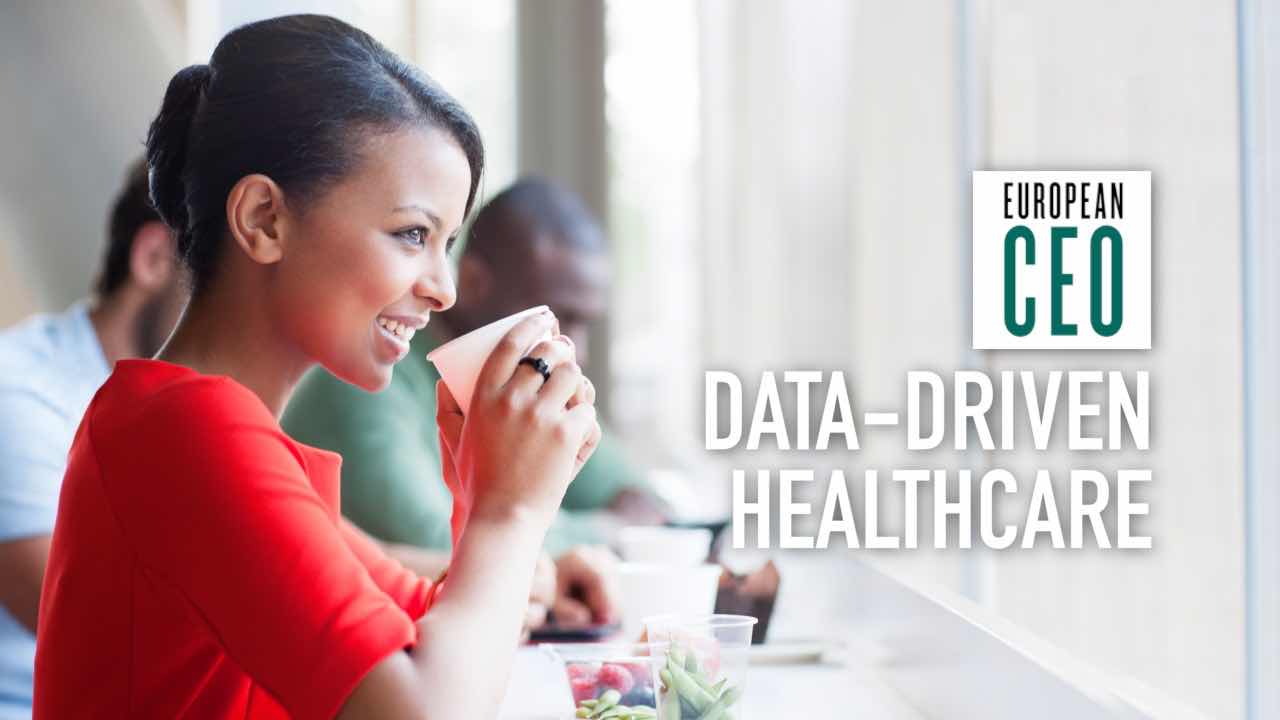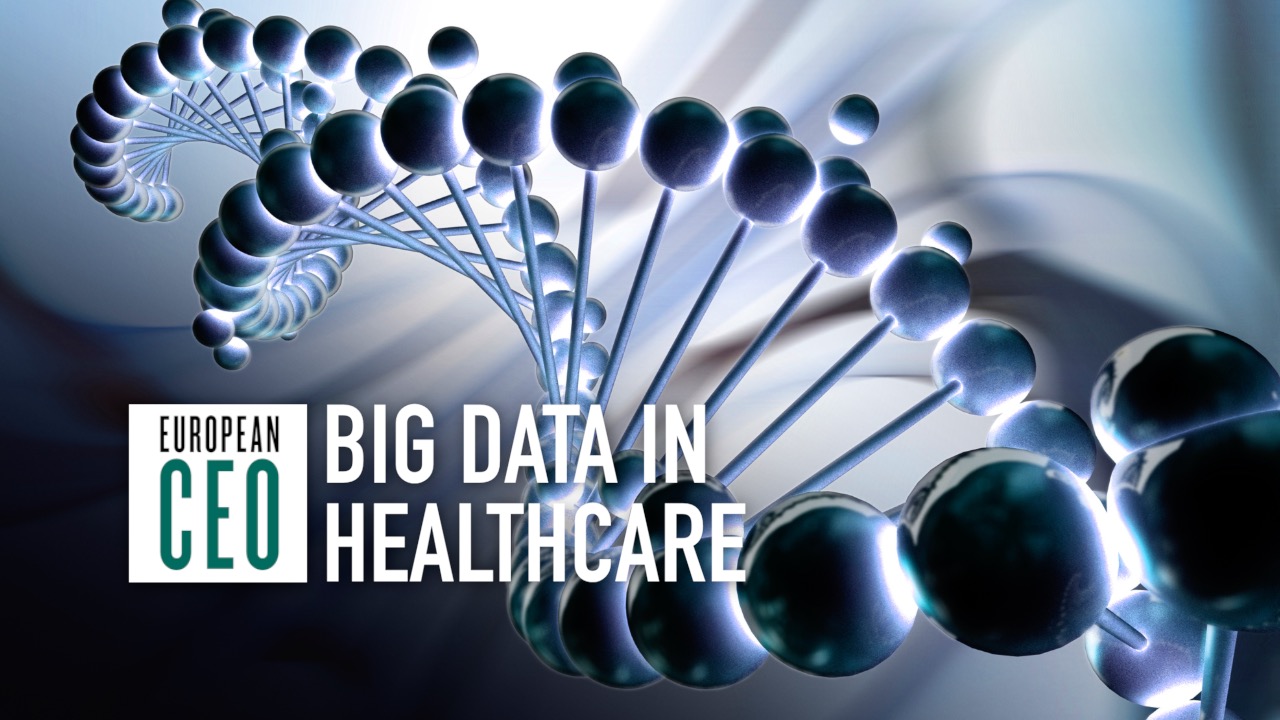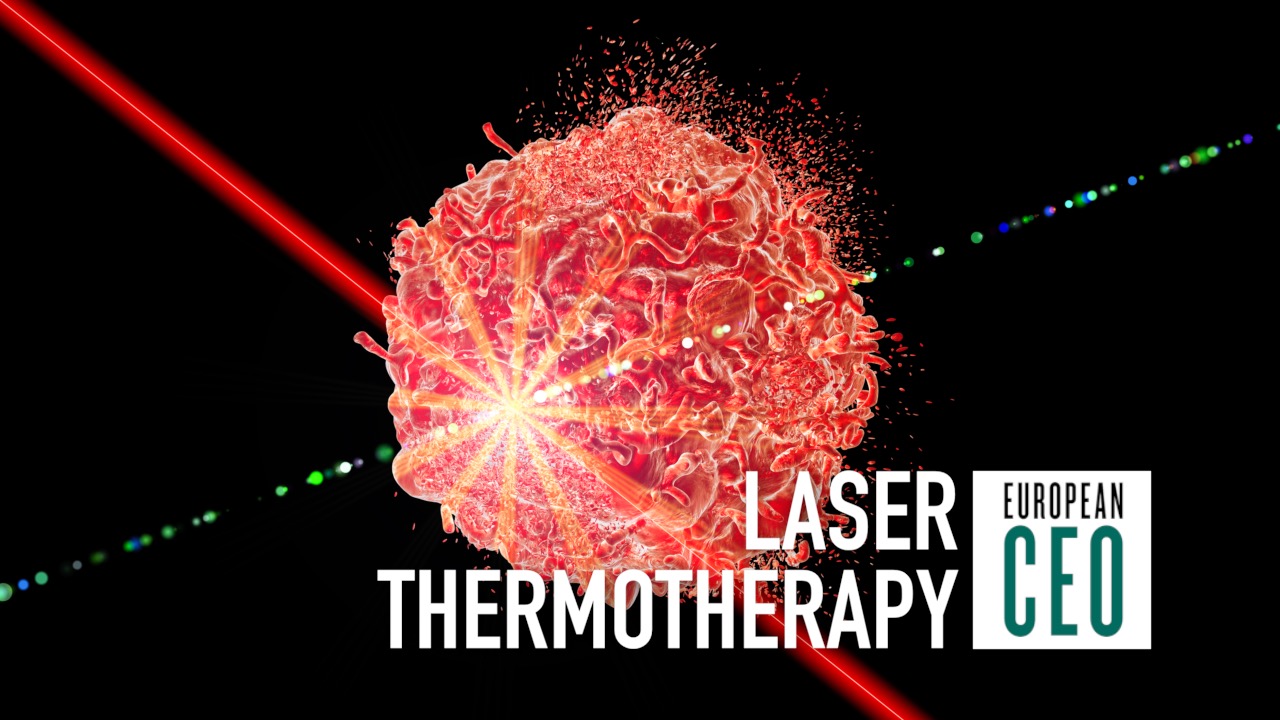BioLingus breakthrough to trade injections for sublingual delivery
Biotech CEO Yves Decadt explains the innovative technology that takes injectable medicines and transforms them into pills
Transcript
Injections aren’t anybody’s favourite healthcare intervention. BioLingus, a Swiss biotechnology firm, has developed a technology that can stabilise different molecules for sublingual delivery – a simple tablet that goes under the tongue. CEO Yves Decadt explains the technology BioLingus has developed, which enables biological molecules – which typically have to be injected, because the body is designed to degrade them – to be delivered sublingually in a pill. The stabilisation technology is inspired by nature, he explains, where plant seeds can preserve proteins and peptides for centuries. And stable molecules don’t just mean no more needles – they mean more cost-effective treatments with potentially lower side-effects.
European CEO: Injections aren’t anybody’s favourite healthcare intervention. BioLingus, a Swiss biotech firm, has developed a technology that can stabilise different molecules for sublingual delivery – a simple tablet that goes under the tongue. With me is BioLingus CEO Yves Decadt.
Yves, tell me about the technology you’ve developed, and the new kinds of treatments that it enables for sublingual delivery.
Yves Decadt: So, sublingual delivery by itself is not new; it has been used in industry for small molecules, organic molecules. What is new is that we have redeveloped it for biological molecules. And that is new. And biological molecules typically have to be injected. Because biological molecules are degrading in the body – so we, our technology enables us to deliver these biological molecules sublingually in a pill.
So, what we’re working on is mainly treatments in diabetes, on one hand; and inflammatory diseases. Because these are most suitable.
European CEO: So what is it about the biological component that makes it hard to deliver? And tell me about this SEED technology, because this is what enables this.
Yves Decadt: Indeed, it goes to the essence of the technology, actually. The human body is designed by nature to degrade meat. Meat consists of proteins and peptides – exactly the constituents of what we call biological medicines. So if you take this biological medicines, they will be degrading completely in the body.
And so we have looked in nature, to find other places where nature has stabilised these molecules. And we have found that in the seeds of plants. So we have taken these lessons from nature, bio-engineered it. And now we are able to stabilise such molecules for a very long time. And that’s the basis of our technology, actually.
European CEO: What are the benefits of sublingual delivery compared with injections?
Yves Decadt: First of all, if you take it orally – well, it’s much more convenient. It’s also more low-cost, and that’s why governments that are experiencing pressure on healthcare budgets are looking at it.
The other thing is that, if you have molecules that work on the immune system, then sublingual delivery is also very good. Because it brings these molecules into the lymphatic system. And the lymphatic system is the heart of the immune system. And so there, it’s not just about convenience; we can actually increase the efficacy of these molecules.
So we’re working on one specific molecule, which is called interleukin-2; and there we have shown in an allergy model that we can increase the efficacy almost 500 times. So we may reduce the dose substantially. And if you can reduce the dose, of course you reduce the cost; but you may also reduce the side-effects.
European CEO: Tell me more about the cost-effectiveness, because it isn’t just in the delivery system itself, but the infrastructure that needs to be built around injectable treatments.
Yves Decadt: Yes, that’s correct. And that’s kind of a different application that we have been coming up with for emerging countries.
The problem in these countries is that they need a cold chain. Because they’re biological drugs, you need to refrigerate them up to the patient. Which is costly and difficult in these countries. Our technology, in essence, is a stabilising technology. And as a result of that, you may not need a cold chain.
Secondly, there are a lot of infections due to the use of needles. And with our technology, we can also prevent these infections due to injections. For instance, HIV, HCV, and so on: very serious infections, actually.
And thirdly, our technology is really a high-tech approach, but it is essentially low cost. Which is also important for the payers in those countries. So we just have been understanding that our technology is extremely well-suited for those countries, although it was not our original intention.
European CEO: So finally, what does the future of BioLingus look like? What’s next in your project pipeline? What are you hoping to achieve in the next three, four, five years?
Yves Decadt: As a company we want to develop in different ways; we will combine different types of innovation. So, incremental innovation, disruptive innovation, and then social innovation. So these are the three pillars we want to build the company on.
And just to give an example in incremental innovation, we are developing our version of exenatide, which is a diabetes drug. We’re also working on an oral version of cannabis extracts. So this is incremental innovation: it’s switching the injectable to an oral version.
And then we are also working on some projects that are really disruptive. One example is in diabetes type 1. Diabetes type 1 is an auto-immune disease, actually. So the immune system attacks your own body in this case. So if we give a certain molecule called interleukin-2, we can actually delay the onset of diabetes type 1 in children. And of course children don’t like injections. So that’s really disruptive.
And then coming to the social innovation, one project we work on is on Leishmaniasis. Leishmaniasis is actually a neglected tropical disease. It’s neglected because the economics don’t work very well. But we want to work on it: we want to make an oral vaccine for Leishmaniasis, because again we think our technology would be very appropriate for that.
So, we combine these different types of innovation, we’re very excited about that, and we believe we can make a small change in a big world.
European CEO: Yves, thank you very much.
Yves Decadt: Thank you.


 Using data to deliver personalised, affordable, convenient healthcare
Using data to deliver personalised, affordable, convenient healthcare Artificial intelligence is helping the fight against cancer
Artificial intelligence is helping the fight against cancer Laser therapy for cancer may promote better immune response
Laser therapy for cancer may promote better immune response